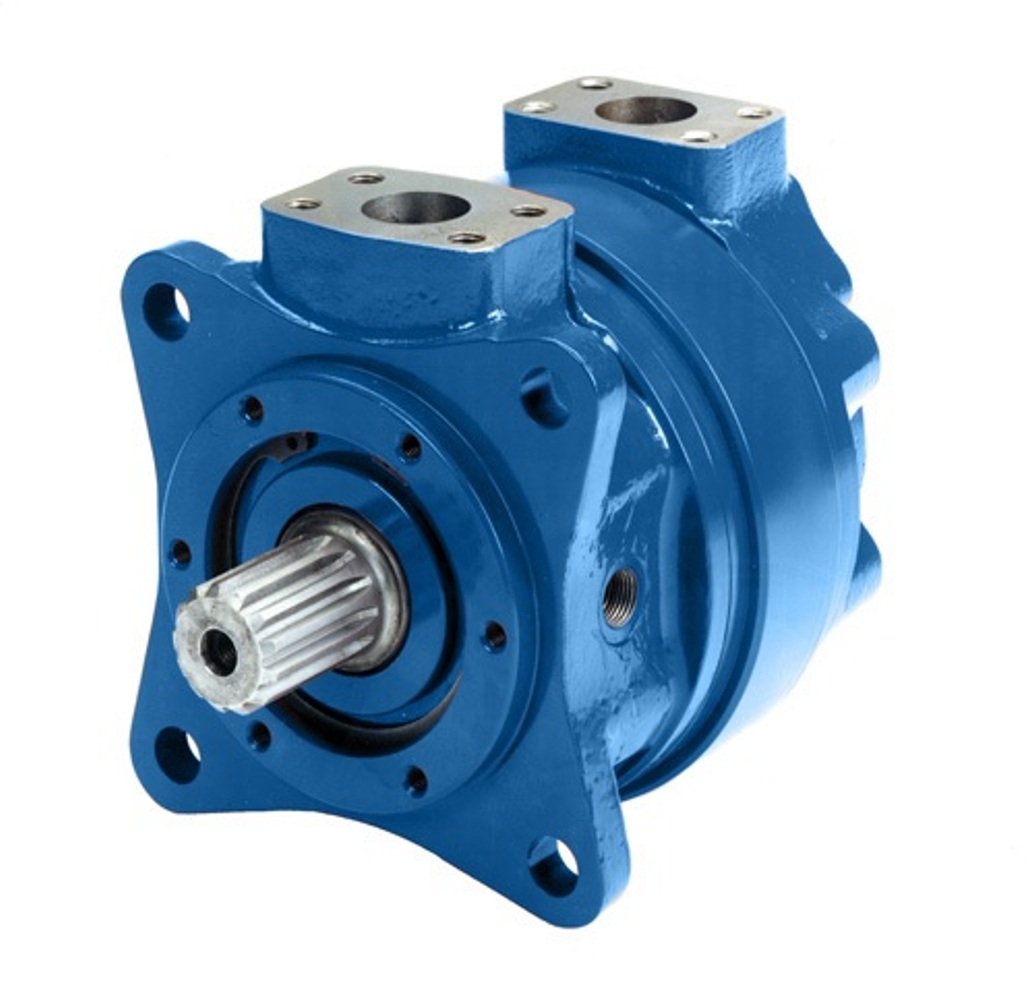
The global market for rheumatoid arthritis treatments is expected to grow at a CAGR of...
Learn More
Our consulting solutions address company specific challenges with respect to micro environment...
Learn More
Organizations frequently need day-today research guidancein order to gain strategic...
Learn More
Exploring different areas of market research and market analysis is a key factor...
Learn MoreAcute Market Reports presents the most extensive global business research services across industries. Our research studies focus on potential outcomes, benefits, and risks associated with each market segment across geographies. Having served our global clients for more than 10 years, our prime priority is to enable our clients in making well-informed business decisions through a data-driven, analytical, and uncomplicated research approach.
We provide access to the world's most comprehensive, analytical, and updated business intelligence services and solutions.




The pneumatic tourniquet market is expected to grow at a CAGR of 7.3% during the forecast period of 2025 to 2033, propelled by various factors such as technological advancements, increasing demand in medical procedures, and expanding applications acr...
Read More
The ammonia market is expected to grow at a CAGR of 5.5% during the forecast period of 2025 to 2033, driven by a confluence of factors that have reshaped its landscape. the ammonia market's evolution is fueled by the intersection of agricultural adva...
Read More
The hydraulic motors market is expected to grow at a CAGR of 3.8% during the forecast period of 2025 to 2033, driven by technological advancements, demand from the construction industry, and a growing emphasis on sustainability. However, supply chain...
Read More




